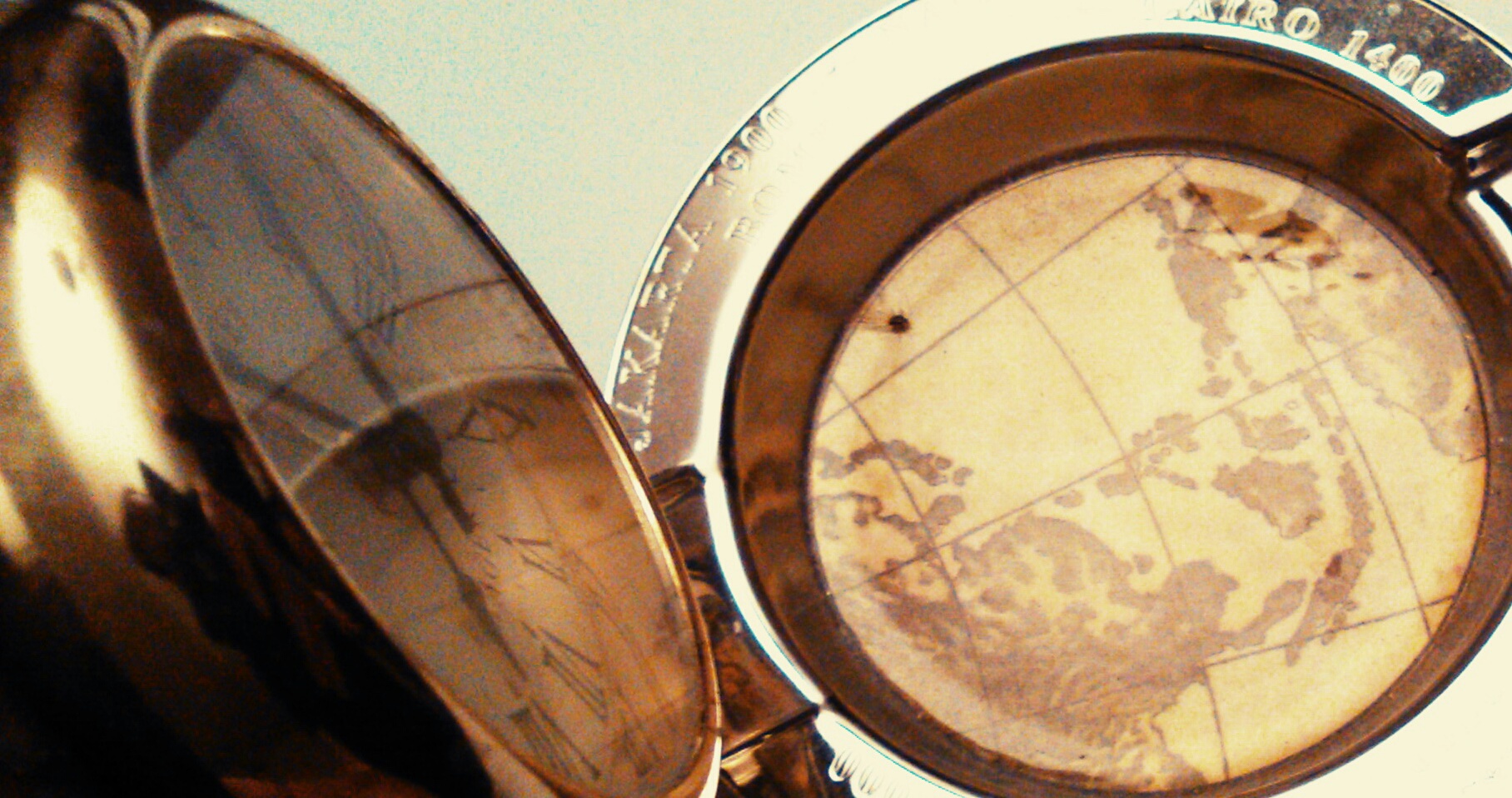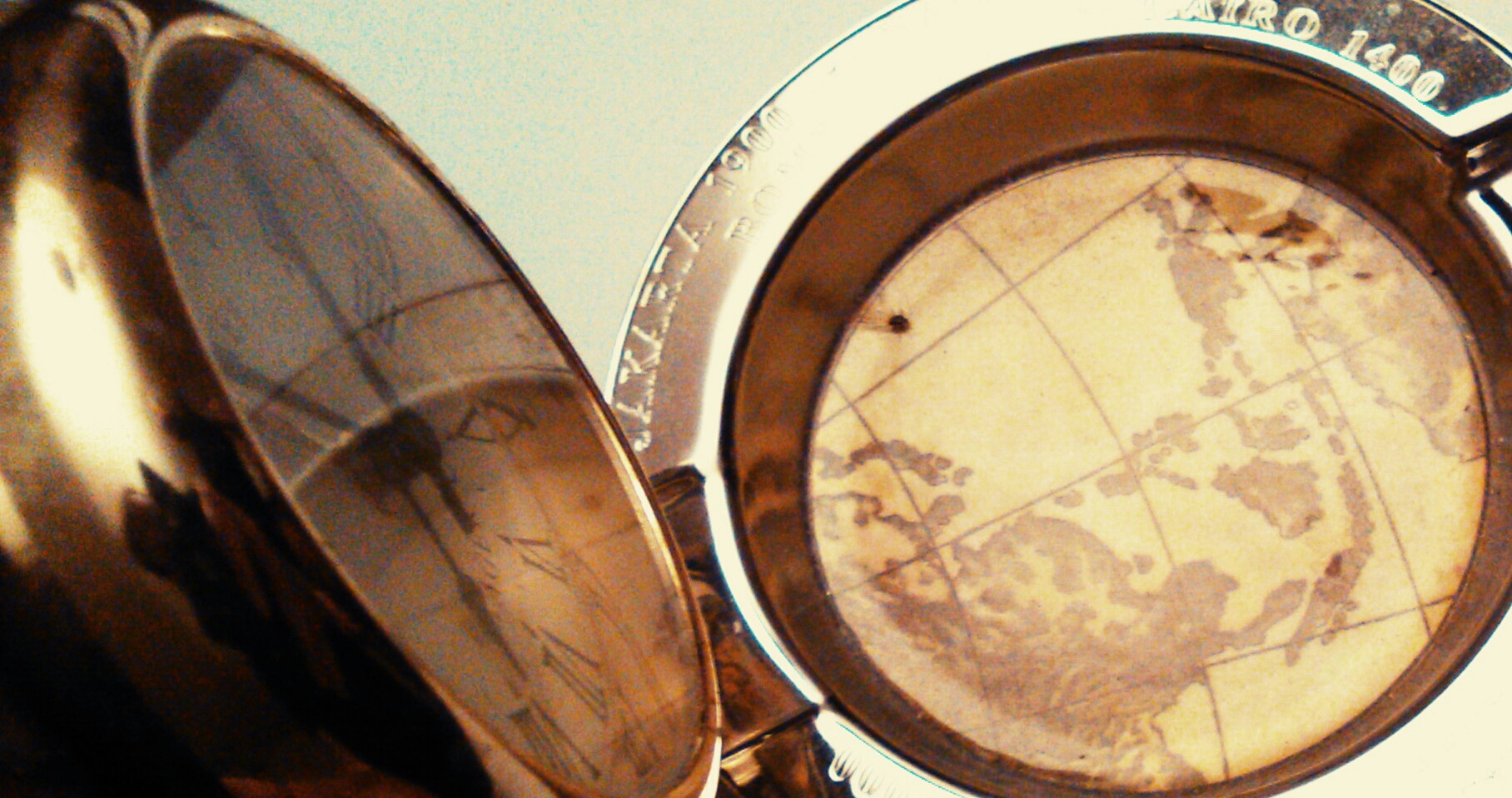Last weekend, I had the pleasure of reliving one of my most memorable experiences as a theatre-goer from 2015 – but maybe ‘reliving’ shouldn’t be the word.
I received my copy of the script for The Beanfield, the inaugural production of the emerging performance company Breach. In their opening ‘Notes on the Text’, the company make it clear that ‘this text can hardly hope to capture the show itself – which exists between film and performance, in a space created and shared by its audience’ (Breach 8). They inherit an established way of thinking about performance ‘itself’ as that which is experienced in a finite space and, slightly more implicitly, for a finite time. Appeals like this have often, reductively, been used to privilege live performance over its reproduction in technological or textual forms. Breach do not go that far: the company frame themselves as a collaboration between two theatre-makers and a video artist, so that recording is already built into their practice, and they acknowledge that the text has the prestige to be ‘its own thing’ rather than just ‘an approximate record’ (ibid). Philip Auslander, who was among the first theorists to critique the more reductive appeals to “the magic of live theatre”, notes that such appeals may nevertheless be ‘necessary for performers’ at some level, to motivate what they do (2-3).
I wonder, however, whether we can go further than Auslander, and whether a production like The Beanfield models a way to do so. The event in the space with the audience is already a re-enactment of multiple re-enactments: the film in front of which the actors perform shows them both rehearsing and staging a parodically small-scale re-enactment of the 1985 “Battle of the Beanfield”, a violent (and under-remembered) encounter between traveller convoys and armed police officers diverted from the miners’ strike. The travellers were on their way to Stonehenge to establish the annual Free Festival: that festival was itself figured as a New Age revival of ancient customs and is still being restaged, albeit now in a carefully state-managed and commodified form, in 2015. The bulk of the ‘live’ performance of The Beanfield by the actors is a fictionalised account – insofar as it is described as happening to ‘you’, not the actors – of being at the 2015 solstice, in which appeals to its immediacy keep being made: ‘you try to hold that moment in time / That instantness of the instant’ (35).
I find the dramaturgy of The Beanfield so effective because it stages the exhaustion of this kind of this belief in the ‘instant’. What if there were no longer any “now” in performance? More precisely, what if we changed our understanding of the relationship between temporality and authenticity? On these terms, authenticity would no longer being grounded in what can be felt as true “in the moment” but as the expression of sustained commitment, of working out what needs to be done to hold different moments of time in relation to each other rather than appreciating the moments themselves. And it’s on these terms that the politics of The Beanfield can be accounted for. Rather than being worried that the theatrical event makes nothing happen in a way that resisting police violence doesn’t, because its liveness dissipates as soon as we leave the theatre, the piece acknowledges that the travellers and police themselves were already participating in uncertain repetitions, unsure whether anything was happening or not. It also helps to bring theatre-makers and non-practitioner performance theorists like myself into a more balanced dialogue: their apparently immediate decision-making onstage is an occluded version of the kind of shaping and sustaining of the relationship between present, past and future that I conduct when I read texts or watch DVDs of performances that I have not seen, trace the development of productions from rehearsal documents, or write critical reviews like this.
In my paper, I’ll be speaking about how and why the commitment that I’ve been outlining here emerges particularly strongly in the work of Forced Entertainment, a long-running British ensemble whose influence on companies like Breach – and many others – is deep and clear. A commitment to shaping and sustaining temporal structures might seem most apparent in their durational projects, one of which is being livestreamed for free over the next few days from Theaterfestival Basel – but I’ll try to bring these pieces into dialogue with some of the company’s

